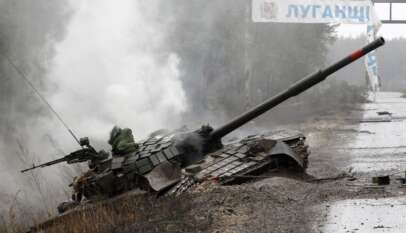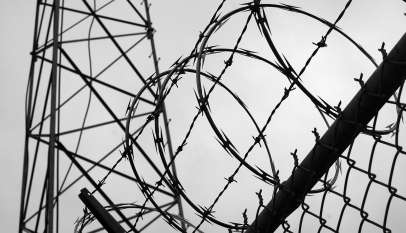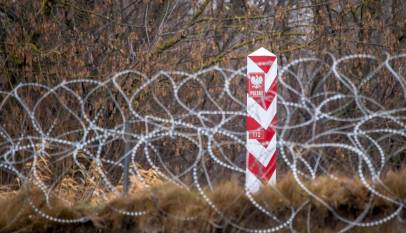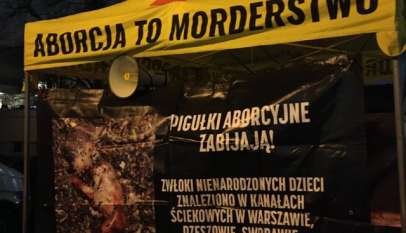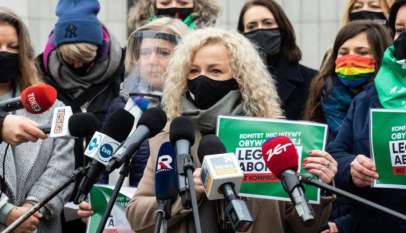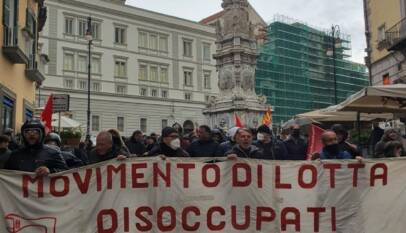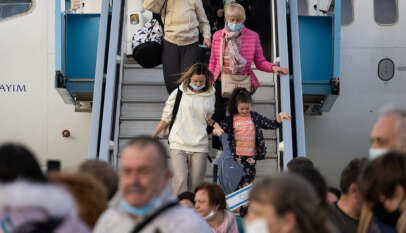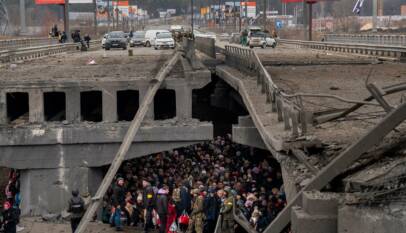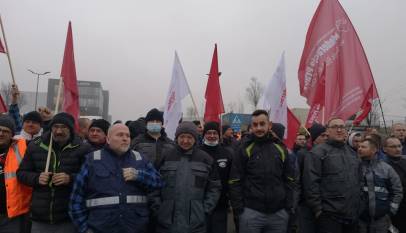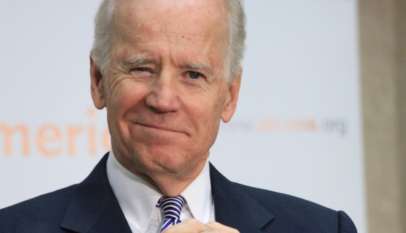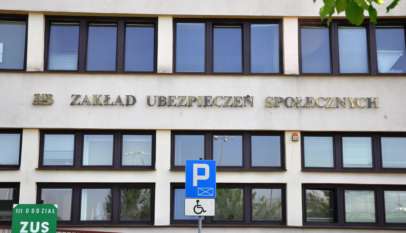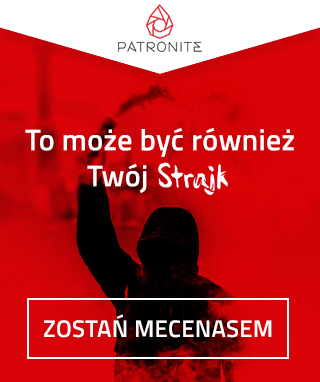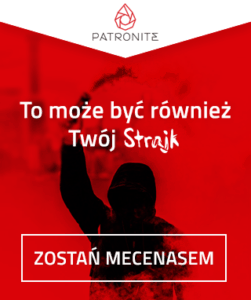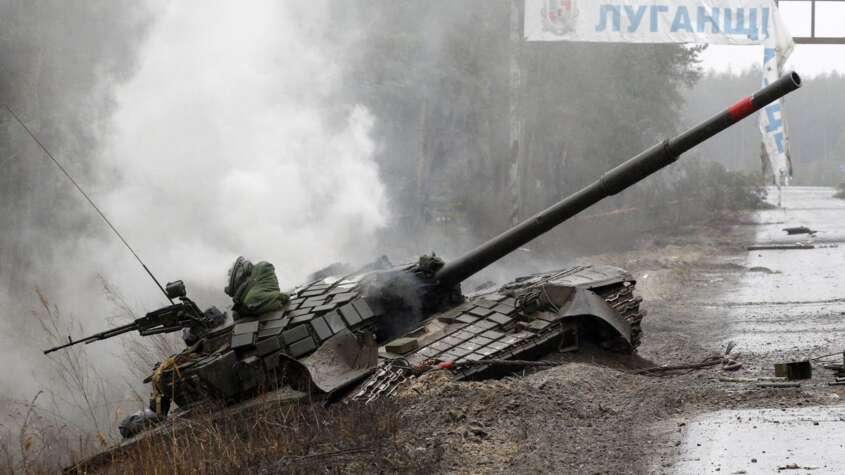
The Russian invasion of Ukraine is changing the whole world. Its consequences are felt by all inhabitants of our planet. But how is it affecting Polish society, politics and economy? It is still far too late for a comprehensive analysis, but we can already point to the most visible and obvious changes.
From an internal perspective, Russia’s invasion of Ukraine has already led to a kind of withdrawal of the political dispute – or at least its suspension. Similarly, in the first phase of the coronavirus pandemic, all topics that were previously important, such as the government’s reform of the tax system, have ceased to be relevant. However, there is no doubt that sooner or later the dispute will return, and under very changed conditions. All participants will have to adapt to this.
At present, however, politicians are increasingly convinced that it is counterproductive to continue the dispute using the methods of previous years. Anyone – like the Civic Platform, MP Rafał Grupinski – who brutally and insolently attacks the Polish government risks being subjected to a massive wave of criticism. Many people need to weigh up their words. Also on the left, which has encouraged sanctions against Poland in the European Union because of the conflict over the rule of law. At present, political parties, especially those in opposition, can in practice only do two main things: firstly, together with the government and local government officials, support refugees from Ukraine. This is happening and on a massive scale. The Left, KO, Szymon Holownia’s movement, PSL, non-parliamentary forces (AgroUnia has launched its structures and is sending food to the border), small and large parties are helping in various ways. Secondly, constructive work on adapting Polish law to the new conditions – from labour law to defence. This will happen in the coming weeks and months.
Security issues will come to the fore – from energy to food to, of course, defence and foreign affairs. There may be disagreement on all these issues, but the parameters are changing.
The dividing lines are already being drawn. They are marked out by patriotism and its understanding, the view on relations with Brussels, energy issues – concerning the basis of existence – fundamental things. PO politicians constantly remind, for example, of PiS’s good relations with Viktor Orbán or Prime Minister Morawiecki’s meetings with politicians such as Marine Le Pen. Politicians in power also have their set of arguments, e.g. about the policies of Angela Merkel, Donald Tusk or Nord Stream 2.
But shifting dividing lines on security issues and the gravity of the situation can also permanently change the way politics is done. In which it is less about total party warfare and more about showing constructive ideas in the spheres of security and strengthening the state.
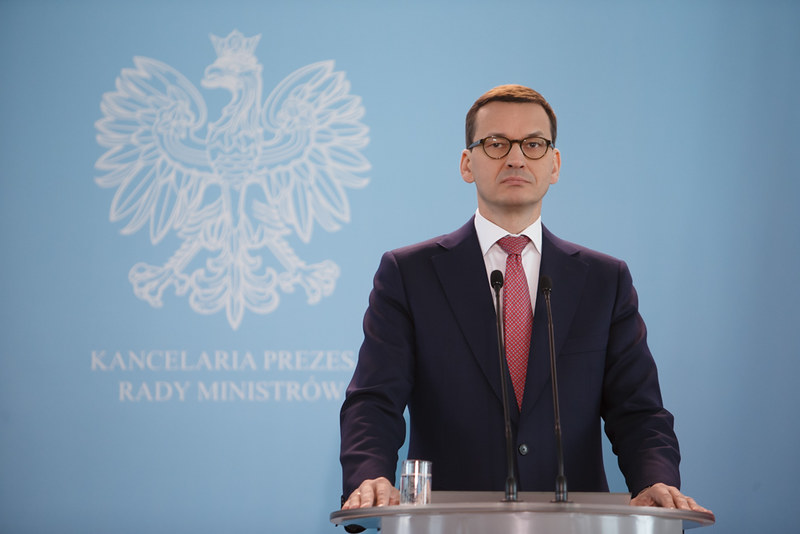
International politics
Poland „has never had such an excellent brand around the world” – Prime Minister Mateusz Morawiecki declared last week. Poland is „in the right place in international politics” – he said – and no longer behind a „wall of unjust isolation”. Moreover, last weekend we witnessed a really strong presence of American diplomacy on Polish soil. Joe Biden visited Poland just after the Brussels summit. What is more, this was the second diplomatic mission for Joe Biden, who, perhaps due to his age, does not like to travel.
In his speech on Thursday, President Duda stressed that the presence of the US president in our country „at this difficult time, is an extremely important signal confirming the strategic Polish-American relations”. He noted that the Polish-American alliance is strong regardless of who sits in the White House and regardless of who governs Poland. – It is strong because it is built on common values, freedom and democracy – he declared.
Earlier, the president also said that Biden’s visit to Poland shows „how important Poland is today, both in the structures of the North Atlantic Alliance and as the country that constitutes the largest state organism on NATO’s eastern flank.” „We act together, we are in constant consultations, not only with the United States and with our allies from Western Europe, but also within Central Europe,” – he pointed out.
The government in Warsaw, mired in a bitter seven-year dispute with the European Union over weakening democracy and the rule of law, is now hoping to rebuild its ties with the EU. In particular, the ruling Law and Justice (PiS) party, whose popularity is on the rise again after 18 months of declines, wants Brussels to unblock €36 billion in pandemic funds blocked over concerns about the state of the Polish rule of law.
Moreover, the Polish government, in the person of Deputy Prime Minister for Security Jaroslaw Kaczynski and Prime Minister Morawiecki, is trying to portray Poland as an advanced castellum of democracy that will push with all its might for Ukraine’s victory over Russia. An independent Ukraine is, according to Polish political elites, the basis of Poland’s security and sovereignty.
Jarosław Kaczyński, during his visit to Kiev, together with the prime ministers of Slovenia and the Czech Republic and Mateusz Morawiecki, threw out the idea of a peace mission by NATO forces on Ukrainian territory. Such a proposal has so far failed to meet with American understanding, but Denmark, among others, has shown interest in it. President Andrzej Duda, according to media leaks, is blocking this initiative, waiting for the green light from American diplomacy.
After all, Poland has become for the Ukrainians what Pakistan was for the Americans during the war in Afghanistan: a country that serves as a hub for arms exports and infrastructure support for the war.
Poland’s political elite has also been resolute in working for Ukraine’s swift admission to the European Union, and across the spectrum, from Prime Minister Mateusz Morawiecki to former, post-communist, President Aleksander Kwasniewski.
Moreover, the help and hospitality shown to Ukrainian refugees, as well as the strong ties with President Zhelezny, who he says is in daily contact with President Duda, make Poland the main ally of Ukrainian independence.
Poland is a member of NATO, as well as the European Union, and thus by force represents a much larger force than itself. It can use this in the aforementioned conflict with the European Union, but also in rebuilding relations with other allies and in becoming a regional hegemon within the global alliances to which it belongs. The Law and Justice government is also undoubtedly using the whole situation to gain more support among Polish voters.
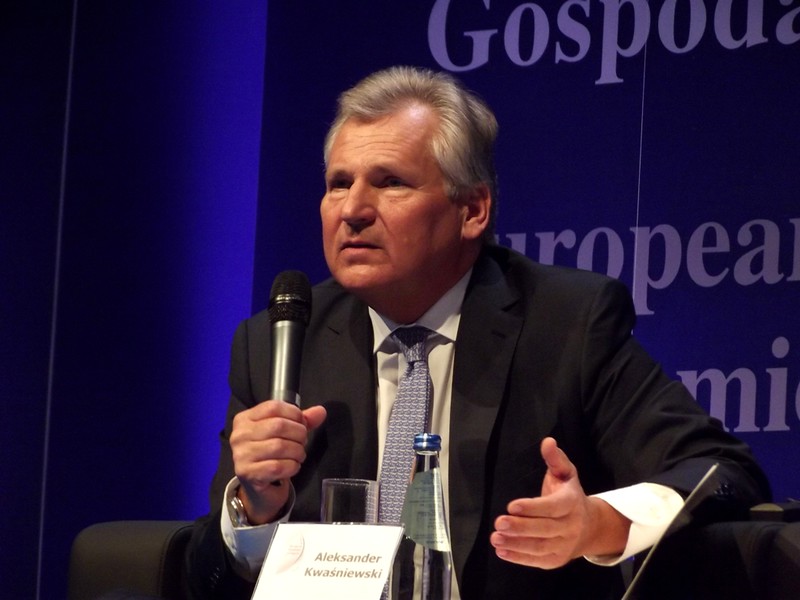
Impact on the economy
„Poland’s economic growth this year may turn out to be less than 3.5 percent, especially if activity in the eurozone weakens significantly as a result of the war in Ukraine,” – corporate experts point out.
According to analysts, it is currently impossible to fully and precisely estimate the economic and financial impact of the war in Ukraine on the Polish economy. According to BNP Paribas forecast, Poland’s economy will grow by 3.5 percent this year…. „Given the high uncertainty about the economic effects of the ongoing war, economic growth this year may turn out to be lower, especially if activity in the eurozone significantly weakens,” – they wrote.
BNP Paribas Bank chief economist Michał Dybuła pointed out that the baseline scenario developed by BNP Paribas does not differ much from the March projection of the National Bank of Poland.
The analysis points out that for the Polish economy the most visible effect of the war is the growing price of energy resources, which translates into higher fuel prices at petrol stations. It was stressed that if high prices of raw materials are maintained for a longer period of time, the purchasing power of households will clearly suffer, which will result in lower economic growth this year. On the other hand, they added, the influx of refugees from Ukraine should boost consumer spending. They calculated that the cost of keeping a million people in Poland for a year would amount to more than 20 billion zlotys, or about 1 percent of GDP. They added that according to estimates, even several million people from war zones could come to Poland.
According to the bank’s analysts, the direct impact on the Polish economy resulting from reduced exports to Ukraine and Russia should be moderate, as the share of these countries in Polish foreign sales is not particularly high. Larger perturbations may result from possible import disruptions, as Poland remains strongly dependent on energy resources from Russia, they wrote.
However, this analysis, despite its provenance, does not point to what pleases a large part of Polish corpo-elites as well as politicians. They are just facing the prospect of the arrival of several million cheap immigrant workers. More than 2 million war refugees have already arrived in Poland. Which, as representatives of employers’ organisations point out, is quite a welcome development for Poland.
Not only will it make it possible to lower some of the workers’ wage aspirations, which have been very high according to the employers’ organisations, but it will also make it possible to close the demographic gap that has been troubling both ministers in recent governments and businessmen themselves.
Jarosław Kaczyński has said in recent days that Poland will not ask for any help in relocating refugees. This also seems to indicate his similar views on the emigration situation in which Poland finds itself.
However, this attitude is not to the liking of the representatives of the broad left, who have been saying from the very beginning that Poland is completely unprepared in social terms, including the availability of housing, to accept hundreds of thousands of Ukrainians on a permanent basis. It thus calls, through Jan Śpiewak, a tenant activist and influencer, as well as Adrian Zandberg, one of the leaders of Polish social democracy, for decisive action in these fields. The Polish trade unions, OPZZ and Solidarność, are already opening up to Ukrainian workers, organizing special branches to help them with issues related to finding work, but also fighting for decent working conditions. The Polish left, and society as a whole, are certainly now facing a huge challenge.
USA: prawo do aborcji już nie jest powszechne
O tym mówiło się od miesięcy. Konserwatywny Sąd Najwyższy USA głosami sędziów mianowanych …

